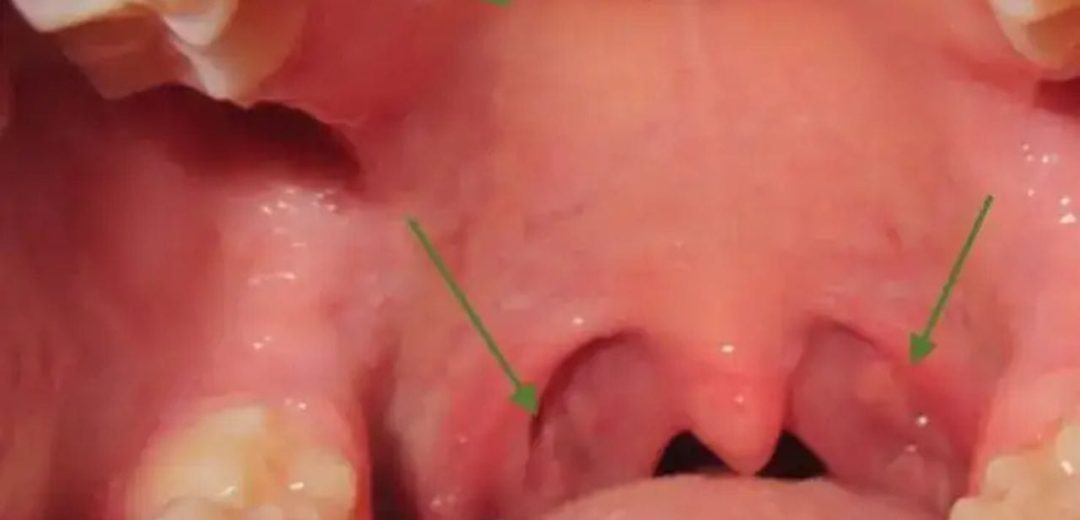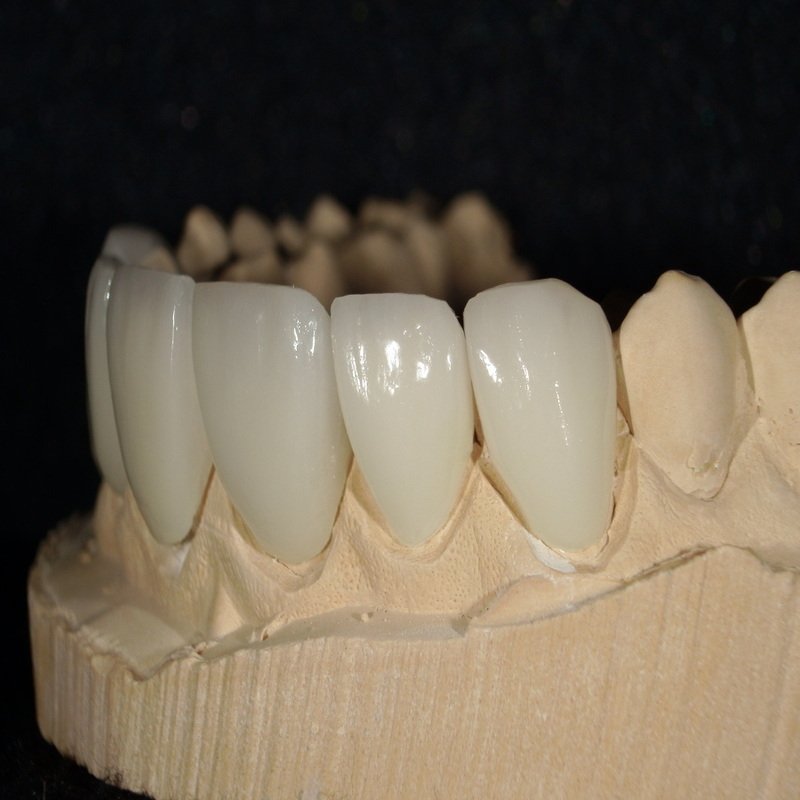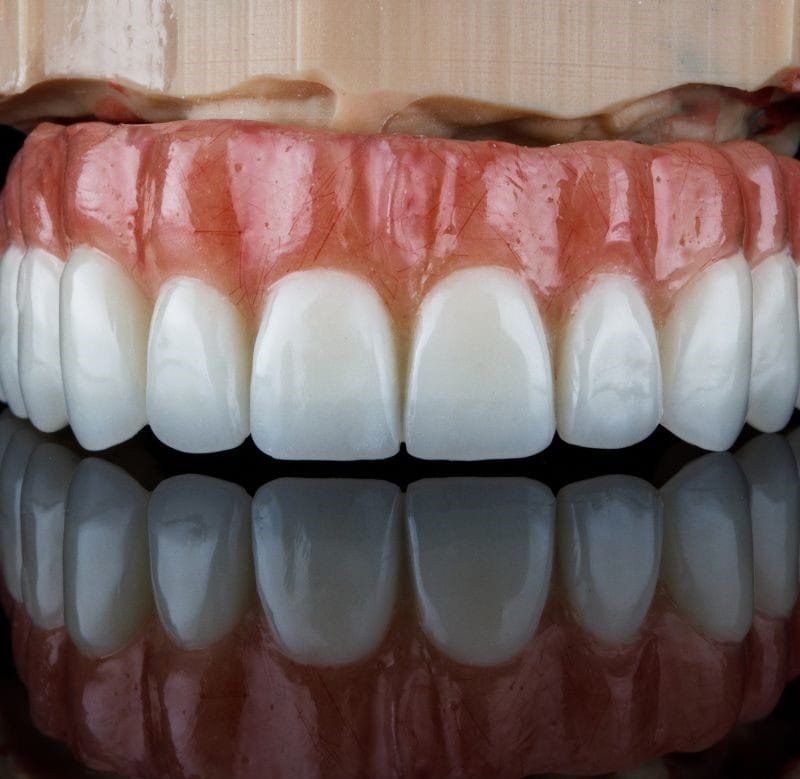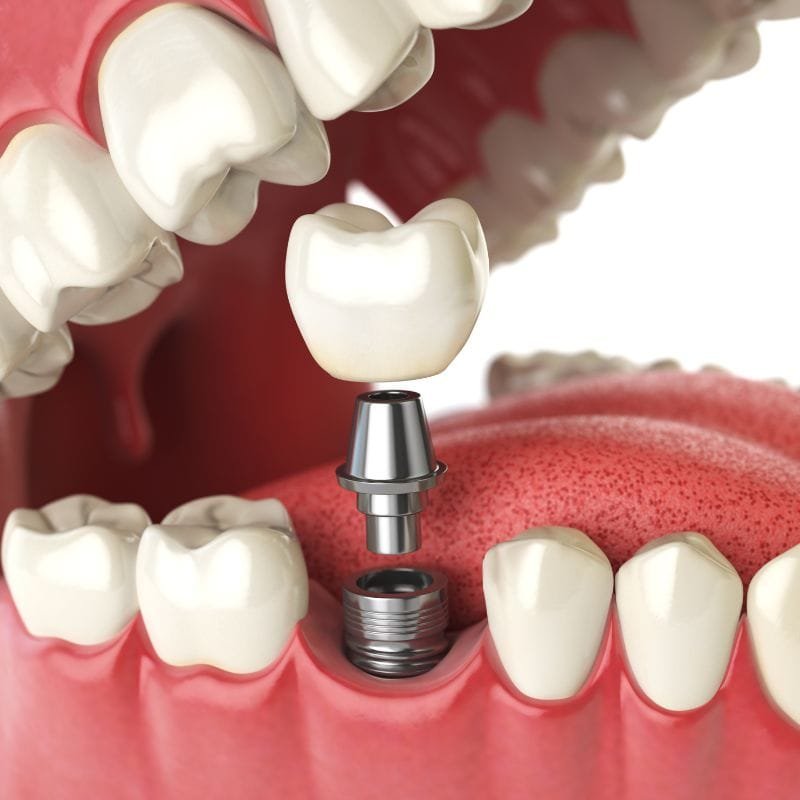Itchy Roof of Mouth Causes
Things That Could Be Causing an Itchy Mouth Roof
An itchy mouth roof (or palate) is commonly an indicator of a symptom caused by allergies or fungal infections. It can be just a slight reaction or an indicator of a life-threatening condition. Sometimes, it also comes with other symptoms, like watery eyes, sneezes, dry cough, itching inside the ears, and swelling in the throat or lips. The duration of these symptoms can vary, but it ranges from five to ten minutes. This is often more common in young people and children. And to measure how bad or how severe the case is, let’s see what some of the indicators are:
- The less severe symptoms are a runny nose, sneezes, dry cough, and watery eyes.
- If your reaction is stronger, you may notice hives on your skin. Diarrhea, nausea, and vomiting are also common at this stage.
- If you’re dealing with something life-threatening, the symptoms will likely intensify very quickly, and that’s how you know it’s an emergency.
There are various causes for this issue. We’ll explore some of them and how you can treat them.

What Causes an Itchy Mouth Roof?
Such a small reaction can cause multiple different issues, such as the following:
Allergic reaction
It can be triggered by specific food or things like pollen. You could suffer from oral allergy syndrome. This condition tends to appear in adulthood, and it can affect you when eating certain foods that have proteins with a similar structure as pollen. Some foods that might trigger this allergy are celery, tomatoes, oranges, apples, carrots, melons, hazelnuts, and almonds. Usually, this type of allergy lasts only about 20 minutes, but you must still be careful and take any necessary measures. If it worsens, it can become an emergency. The symptoms manifest with this condition are itchy ear canals, mouth, tongue, and throat. There is swelling around the mouth and an odd taste.
To treat this type of allergic reaction, special medication is needed. Also known as antihistamines, these can also be considered over-the-counter drugs that work effectively with minor allergies. However, if your airway starts to get affected, the best action is to go immediately to the emergency room.
Anaphylaxis
This is a much more severe condition, the result of an allergic reaction. It generally starts with moderate symptoms such as an itchy sensation, swelling in the mouth, hives, runny nose, watery eyes, dizziness, rapid heart rate, or fainting. You may also experience difficulty breathing and nasal congestion. In these cases, you must be taken to the hospital immediately. This is considered a life-threatening medical condition.
To treat this type of allergic reaction, special medication is needed. Also known as antihistamines, these can also be considered over-the-counter drugs that work effectively with minor allergies. However, if your airway starts to get affected, the best action is to go immediately to the emergency room.
Oral Thrush
Oral thrush occurs when a yeast infection develops in your mouth. It takes the form of yellowish or white bumps that start to pop up on the inner cheeks and tongue. Some common symptoms include an itchy mouth roof, no sense of taste, redness, bleeding, and a painful sensation. This issue is more common in toddlers or people with a weak immune system. The treatment for this will typically consist of taking prescribed antifungal treatments, which could be pills or mouthwash.
Cold Sores
These red blisters in the mouth’s outer areas (or other parts of the face) are caused by a common virus called herpes simplex (HSV-1). These tend to last for about two weeks or even longer. You can acquire cold sores by coming in contact with someone infected, either through sharing food, physical contact (like kisses), or sharing personal stuff such as cosmetic products. The main symptom that indicates this issue is an itching sensation around the mouth. Unfortunately, there is no cure for cold sores. And although they’re treatable and preventable, they could still come back when your immune system is weak or under high stress. They can also cause an itchy mouth roof.
Viral Infection
Besides the virus that causes cold sores, viruses affect your respiratory tract. The common cold or the flu can also cause an itchy mouth roof. You might even be more familiar with the symptoms of these infections: sneezes, fever, sore throat, runny nose, and headaches, among others. The treatment for this is to take an antiviral medication and take care of yourself by resting and drinking many fluids.
Roof of Mouth: What I Can Do?
If you start experiencing an itchy mouthroof, you are likely to have another condition, either an allergy or a virus that is about to affect your health. The symptoms of some of the issues mentioned above are similar, so trying to diagnose yourself might not be the best idea. You could classify the reactions into two categories: mild and severe. When it comes to mild reactions, the symptoms will generally disappear quickly. It can also be treated with generic, over-the-counter medications.
With severe reactions of itchy mouth roof, epinephrine or antihistamines will be more necessary. This is to take care of any emergencies that could arise. You must be careful and act according to the severity of the symptoms, so visiting the emergency room might also be required. Always remember that the best thing to do when getting these signs in your body is to schedule an appointment with a doctor or a dentist (although you’ll most likely need to visit a hospital.) It would be best to treat yourself on time so the problem doesn’t worsen.
Ultimately, a professional doctor can diagnose your itchy mouth roof properly, allowing you to heal and recover successfully. If you want the opinion of an experienced dentist, Trust Dental Care is here for you. We can assist you with this or any other oral health issues you could be struggling with. Please take advantage of our fantastic promotions and have the best dental experience. If you think you may have any symptoms and wish to book an appointment with us, please do so without hesitation. For more content or valuable information, look at our Blog Posts. We encourage you to visit our Site to learn what services we can provide.


